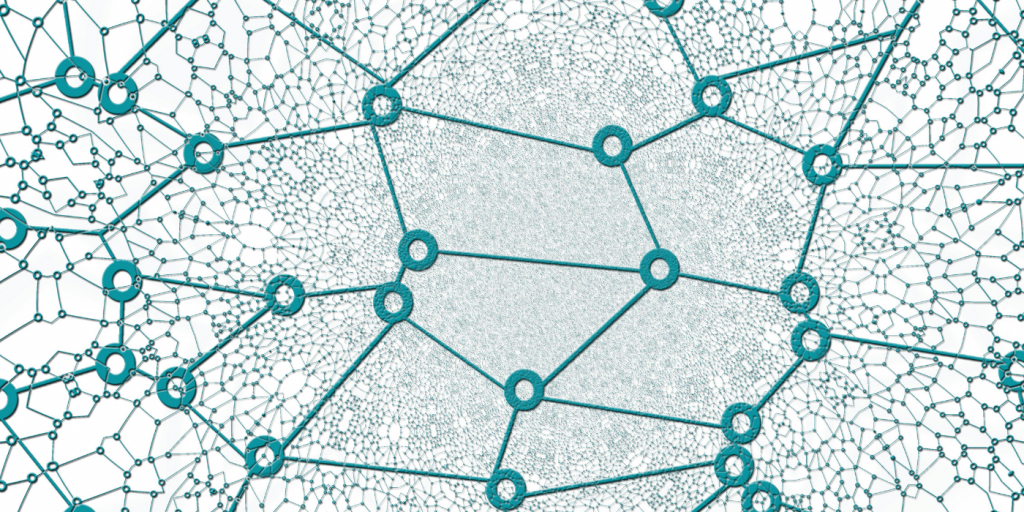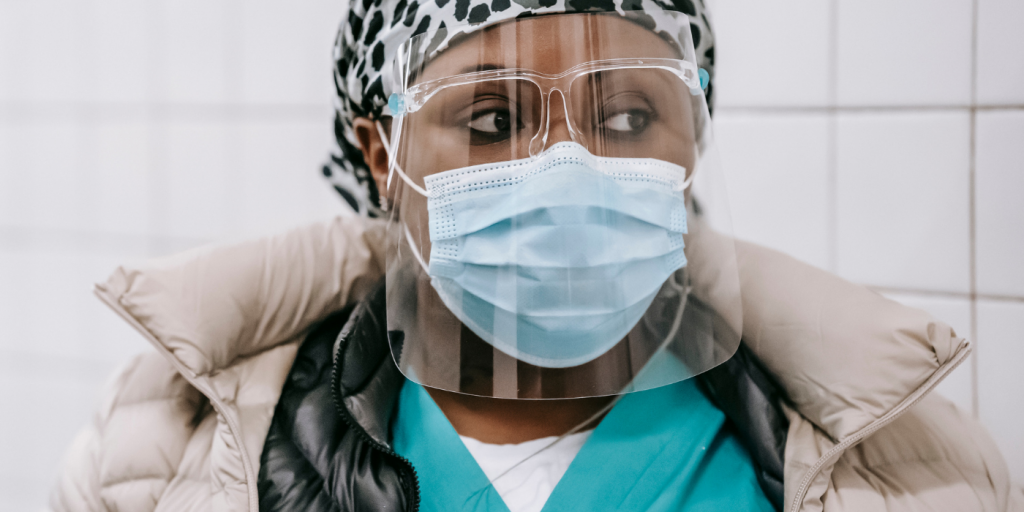Authors: Joanes Atela and Nora Ndege
Introduction
The COVID-19 situation is unprecedented and is reshaping various aspects of the society. Knowledge systems i.e. how we produce, disseminate and use knowledge is critical for the response to the pandemic. On one hand, the behaviour change expected to combat the pandemic mainly relies on both formal and informal medical, social, and economic knowledge. On the other hand, the pandemic is quickly shaping the way we think about our knowledge systems as well as how we can repurpose our knowledge to be more adaptive towards unprecedented pandemics and/or disasters. The COVID-19’s influence on Africa’s knowledge systems has come at an opportune time when the continent’s Member States are making efforts to build systems that promote science technology and innovation (ST&I) in line with the STISA 2024 and the SDGs. This brief highlights some lessons that Africa can learn from the COVID-19 experience in the context of strengthening the continent’s ST&I systems. Evidence supporting the insights is inspired by the Knowledge Systems and Innovation study (https://acts-net.org/ksi/) funded by the UK’s Department of International Development through its East Africa Research Hub; the Tomorrow’s Cities’ Nairobi Risk Hub (https://www.tomorrowscities.org/city/nairobi) funded by the Global Challenges Research Fund (GCRF); and the Africa Sustainability Hub (https://www.ash-net.org) funded through the ESRC-STEPS Centre. The various thoughts were synthesised through a webinar session convened under the Africa Research and Impact Network (ARIN).
KEY LESSONS LEARNT
Investments in knowledge/research is critical not only for development but also for societal resilience:
Knowledge production, dissemination and use is critical for medical and behavioral response to COVID-19 and future challenges. The pandemic has raised the profile of research/knowledge management not just for development, but also as a safety net to the society. African countries have made some political compromises by loosening controls- where convenient to refer to Science and research in the control measures. Increased appreciation of research/knowledge by decision makers including Heads of States and Ministers in the COVID-19 response demonstrates that evidence-based approach to public policy and actions can be effective.
This has strengthened the need to invest more in adaptive research/knowledge systems. Currently, Africa contributes about 0.6% of the global investments in research and development, significantly lower than other regions and this might affect preparedness for future challenges. Increased investment in adaptive knowledge/research could prepare the continent to better handle post-COVID reconstruction, risk preparedness and development pursuit. This calls for long-term pro-poor development programmes, which should include focusing investment not only on politically visible physical infrastructure but also in critically needed knowledge infrastructure.
People centered knowledge/research for effective policy solutions aligned to Africa’s realities:
The COVID-19 experience has shown that knowledge in the hands of people is power. So far, it appears that responses by many governments is headline driven and urban-centric. This information and feedback gap from rural communities needs to be filled. This will enable a holistic and people-driven socio-economic innovations, behavioral change and effective response to pandemics. People centered knowledge requires that knowledge/research processes be informed by the people, their needs and realities. Policies informed by such knowledge constructs would be effective in addressing challenges and spurring the much needed research impact in Africa.
Strengthening cross-sectoral knowledge interactions and partnerships yield optimal societal outcomes:
While COVID-19 remains a health issue, its impacts are multiple. In Africa specifically, it is projected that lock-downs have threatened up to 150 million jobs. Food production and distribution chains have been disrupted resulting to food and nutrition insecurity for many Africans. The continent’s education and social networks are also breaking very fast. Managing the pandemic in an optimal way relies on a package of integrated/holistic knowledge drawn from various sectors and disseminated strategically. Currently, however, the attention on health-related impacts and disruptions in formal/urban economies might overshadow attention that ought to be given to disruptions in other sectors and (e.g. food distribution chains) and longer-term implications for social systems and livelihoods. Partnerships between national, regional and global research/knowledge systems are increasingly creating spaces for knowledge interactions.
Linking research to pro-poor innovation is a promising path to research/knowledge impact:
The COVID-19 experience shows that strengthened linkage between research and innovation could promote Africa’s knowledge impacts. As research systems e.g. the medical research centers and Centre for Disease Control generate epidemiological information on COVID-19 i.e. the required preventive kits and behaviors, many entrepreneurs, small businesses and community based organizations have used the research prescriptions to innovate preventive kits including face masks, ventilators, and hand washing machines that are affordable to the poor. This has contributed to reduced disease prevalence among the poor. New livelihood opportunities and capabilities have also emerged from such innovations. However, it remains unclear the extent to which efforts will be made to ensure that national policy and regulatory framework facilitate long term upscaling of marketing of the innovations and indeed domestic innovation capacity.
Rethinking pathways to knowledge communication and dissemination is key to behaviour change and innovation:
The COVID-19 has triggered new thinking on how we package and communicate knowledge/research for public utility. Experience shows that embracing a diversity of communication pathways is likely to promote public utility of research/knowledge. The use of online engagement platforms, arts, social and mainstream media, community based champions, and impact networks can be powerful options for conveying knowledge to the society. Such communications have triggered innovation and entrepreneurship in different African settings where people have begun developing locally-driven solutions including local knowledge dialogues on behaviour change. However, it possible that some of these communication processes and technologies applied might exclude certain segments of the society i.e. the rural farmers. Methodologies that accounts for the differentiated segments of the society could help improve are needed to strengthen communications across different social groups.
Africa’s informal knowledge systems is a promising fringe for the continent’s pro-poor development and resilience:
The COVID-19 has triggered the emergence of indigenous knowledge systems in various African countries. Attempts to develop indigenous cure such as the Madagascar’s organic tonic reveal the potential value of informal knowledge in promoting societal benefits. The tonic herb touted as a “cure” by the Madagascan President has however been met with scepticism from elsewhere due to a number of reasons including lack of approval by global food/drugs licensing and regulatory regimes. Other African countries such as Rwanda, Senegal, Kenya are also developing response kits through local knowledge and innovations. The experiences – even though not formally approved by international standards – are an indication of the huge underlying potential of Africa’s informal knowledge. Moving forward, African countries may need to put in place food/drugs licensing and regulatory regimes which enjoy confidence beyond national borders and can be deployed to test the efficacy and safety of indigenous products. Such globalization of indigenous knowledge will also require strong property rights protection regimes to ensure that knowledge rights are protected against powerful political and business actors.
TAKE HOME MESSAGE
Knowledge systems and the STI arena are a key part of enhancing development and resilience to shocks. The learnings from the experience could inspire various African countries to re-think efforts and steps towards achieving transformative knowledge systems for effective ST&I. The need to embrace partnerships, dialogues and people driven knowledge systems is important and essential not just as a developmental pursuit mechanism but also as a safety net to the continent’s gains and contribution to the global SDGs. In other words, it is important to note that investment in research and knowledge systems is not just for development but also for protecting existing development as well. This requires adaptive and multifaceted knowledge systems to better cope with unexpected circumstances that require both rapid social and technical innovation.
Further global commentary on COVID-19
Coronavirus, crisis and the real Argentine economy: post-pandemic challenges -Anabel Marin
Food in the time of Covid-19: how can local action and national coordination work together? -Adrian Ely
Covid-19, science and governance: lessons from India– Dinesh Abrol



